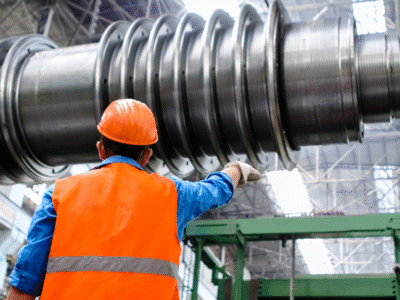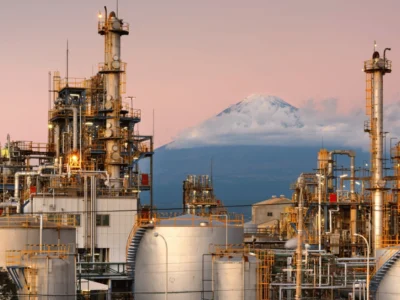This course provides a structured understanding of laboratory techniques used in the oil and gas industry, covering 8 key modules. It focuses on crude oil analysis, chemical testing, and quality control procedures essential for evaluating petroleum and its by-products.
Participants will gain expertise in crude oil properties, petroleum chemistry, and laboratory testing standards, ensuring accurate assessments of hydrocarbons, water treatment chemicals, and process fluids. The program also covers desalting, emulsion treatment, and chemical selection for oil and gas processing, equipping professionals with the technical knowledge required for laboratory operations and field applications.
By the end of this course, participants will be able to conduct laboratory tests, interpret results, and support production efficiency, process optimization, and compliance with industry standards.
Course Features
- Lectures 8
- Quiz 0
- Duration 40 hours
- Skill level All levels
- Language English
- Students 0
- Certificate No
- Assessments Yes
Curriculum
- 1 Section
- 8 Lessons
- 40 Hours
- Course Module8
- 1.1Crude Oil Testing & Equipment
- 1.2Crude Oil Properties and Chemistry
- 1.3Chemical Laboratory in Oil and Gas Industry
- 1.4Universal Tests for Petroleum and Petroleum Products
- 1.5Water Treatment Chemicals
- 1.6Desalting & Emulsion Treating
- 1.7Choice and Evaluation of Chemical Treatment for Oil and Gas
- 1.8Process Engineering for Non-Process Engineering Professionals
Target audiences
- 1. Laboratory Technicians: responsible for crude oil and petroleum product testing.
- 2. Chemical Analysts: conducting quality assessments and performance evaluations.
- 3. Process Engineers: overseeing chemical treatment and refining operations.
- 4. Production Engineers: ensuring process efficiency and product consistency.
- 5. HSE Specialists: monitoring compliance with environmental and safety regulations.
- 6. Quality Control Professionals: ensuring petroleum products meet industry standards.






